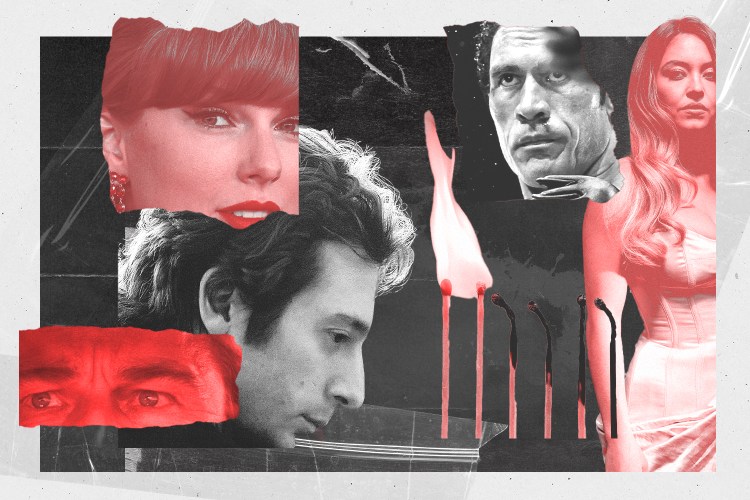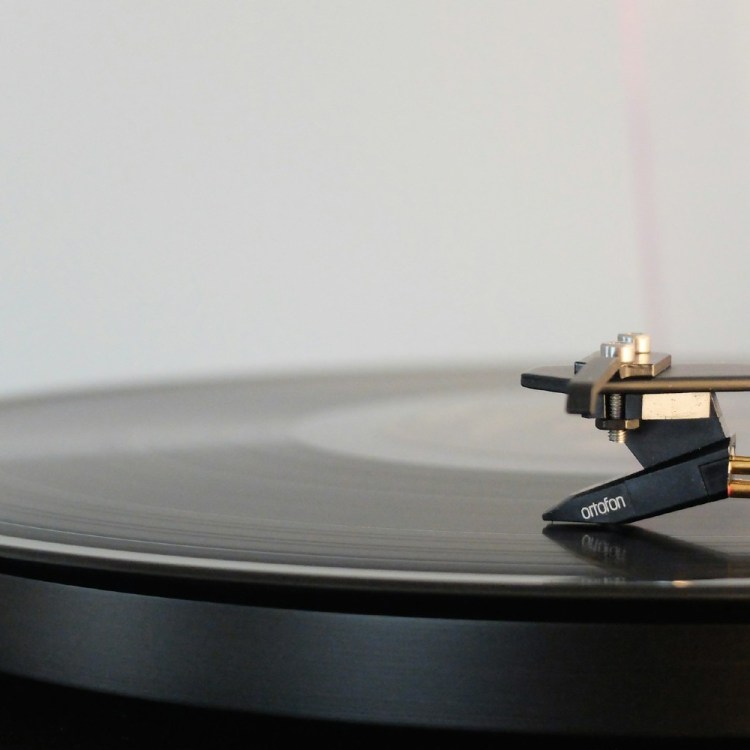
Foraging was once an instinct key to survival for primates and early humans. If you weren’t looking for food wherever it might be and simultaneously keeping an eye out for potential threats, you probably weren’t going to last long. This drive is far less essential today, but it’s still with us. We demonstrate it every time we Skype in for a meeting while still working on our laptops and checking scores on our smartphones and otherwise trying to take advantage of all the options offered by the digital world simultaneously.
Adam Gazzaley, a neurologist and UCSF professor, and Larry D. Rosen, a research psychologist, explore the need to forage in their book The Distracted Mind: Ancient Brains in a High Tech World. Gazzaley spoke to NPR and noted that while multitasking is natural, it comes with a severe downside:
“When we switch between tasks, we suffer a degradation of performance that then could impact every aspect of our cognition from our emotional regulation to our decision making to our learning process, as well as real world activities like school and work and safety on the road.”
By contrast, Gazzaley urges people to set complex high-level goals (which he terms the “pinnacle of the human brain”) and then display the discipline necessary to achieve them through “cognitive control”: “We describe it in the book as a triad of attention, working memory, and goal management, which includes multi-tasking and task switching.”
In other words, our urge to do everything all the time comes with undeniable drawbacks. (“When you really wrap your head around how broad the negative impact is, it’s really, in many ways, overwhelming,” nots Gazzaley.) In particular, highest performance is impossible if you don’t “filter all the irrelevant information.” So if you’re looking to reach your elite level, fight the instinct to “forage” and instead just focus for a bit, no matter how much it seems like you’re missing.
To read the full article, click here. To get a copy of the book, click here.
This article appeared in an InsideHook newsletter. Sign up for free to get more on travel, wellness, style, drinking, and culture.























